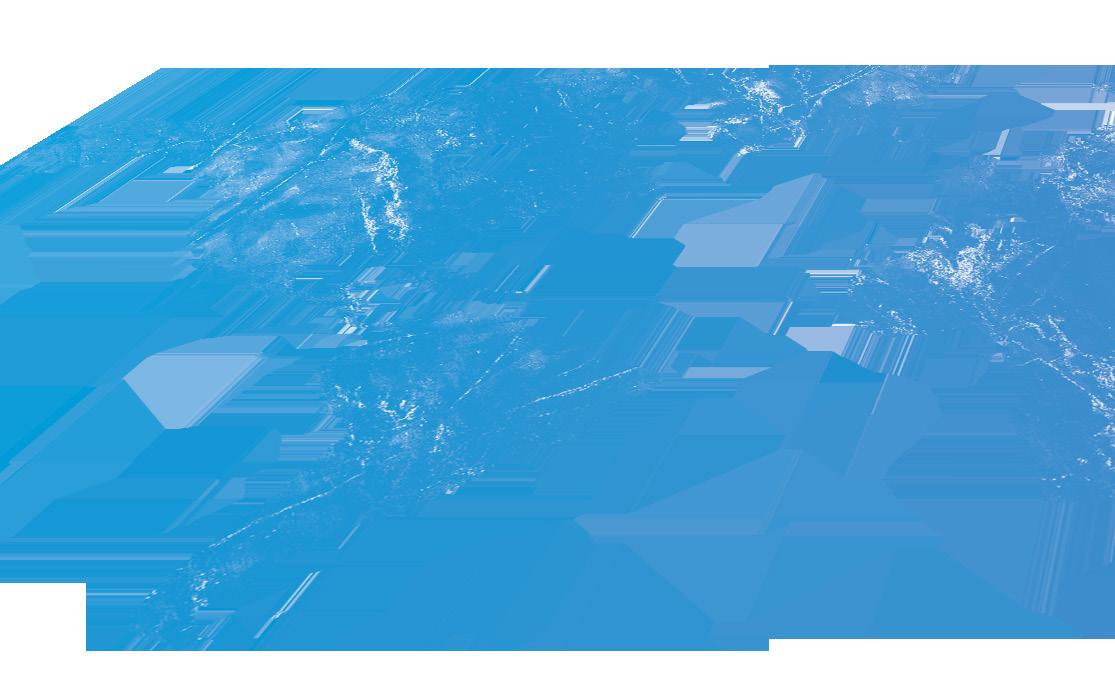
2 minute read
STRATEGIC ACCOMPANIMENT: 2022 HIGHLIGHTS
by DHM Media
ICAN advised me on my speech at the “Whither Syria” Conference. My intervention focused on my role as a peace-builder, my vision for a future Syria and the reality of the Syrian women that I represent. Through my experience with ICAN and my colleagues in WASL I have learned to be strong and have the courage to appear and express my opinion in the media.”
Executive Director,
STRATEGIC ACCOMPANIMENT: 2022 HIGHLIGHTS

Cameroon
In January, ICAN provided accompaniment to, Esther Omam, ReachOut, as she prepared her discussion on multitrack approaches and women’s inclusion in peace processes at the Basel Peace Forum, a yearly meeting that addresses peace across sectors.
Sudan
In December, the signing of a “Framework Agreement” presented new openings for civil society engagement. ICAN provided strategic advice to Enass Muazmel and her organization Madaniya to strengthen their input in a civil society organizations consultation aimed to garner feedback on the agreement, and inform next steps.
Syria
In February, ICAN advised Ahlam Almilaj, Zenobia, as she prepared for “Whither Syria?” a conference led by the Syrian opposition on mechanisms to move forward the transitional process. At the meeting, which brought together the Syrian opposition with think tanks, civil society, Syrian immigrant organizations, Syrian media and others, Almilaj discussed the economic and living conditions in Syria, the impact of the conflict on particularly women, her work as a peacebuilder anddrawing on ICAN’s participation framework - the need for women to be present in discussions about the future of the country.
Sri Lanka
As the latest political crisis in Sri Lanka unfolded in March-April, ICAN held emergency discussions with partners in Sri Lanka and the region to strategize and mobilize support. During the pandemic ICAN provided funds to the Association of War Affected Women (AWAW) to establish a civil society justice and reconciliation platform for engaging the government. The platform continues to be active and ICAN’S CEO has provided strategic mentoring to AWAW on moving the process forward.
Yemen
In March, ICAN facilitated the participation of Peace Track Initiative, Food4Humanity, and Mothers of Abductees in the “New Era, New Imperatives” meeting of the International Commission on Inclusive Peace and the Principles for Peace Initiative. The Yemeni WASL partners presented their Feminist Peace Roadmap (A Guiding Framework for Transforming the Peace Process). The meeting served as a pilot for potential further engagement with the Commission.

Cameroon Training
In March, Senior Program Officer, Rosalie Fransen and BPI Program Director, Helena Gronberg facilitated a training on gender and violent extremism organized by the Commonwealth Secretariat’s Countering Violent Extremism (CVE) Unit in Yaoundé, Cameroon. The participants were comprised of women civil society actors who have been working to address violence and build peace in their communities both in the Northwest and Southwest regions affected by the Anglophone crisis, and in Cameroon’s far North which suffers from Boko Haram insurgency.
WASL member Hamsatu Allamin, founder of Allamin Foundation for Peace and Development, joined in-person to share her expertise transforming violent extremism in neighboring Nigeria. WASL member Halima Mohamed, Executive Director of the Coast Education Center in Kenya, also called in to share her experiences advocating for a gender-responsive national action plan for preventing violent extremism (PVE). Cameroonian WASL members Clotilda Andiensa Waah, Caryn Dasah, Nicoline Nwenushi Tumasang Wazeh, and Esther Omam joined as participants in the workshop.
To complement the workshop, ICAN developed a training resource Supporting Civil Society in Cameroon to Implement Gender-Responsive Initiatives to Transform Extremisms, which was submitted to the Commonwealth Secretariat in September. The resource contains guidance on P/CVE terminology and policy landscape, grounding interventions in positive values, integrating gender and identity considerations in interventions, designing gender-responsive interventions, and building alliances and partnerships to transform extremisms.








